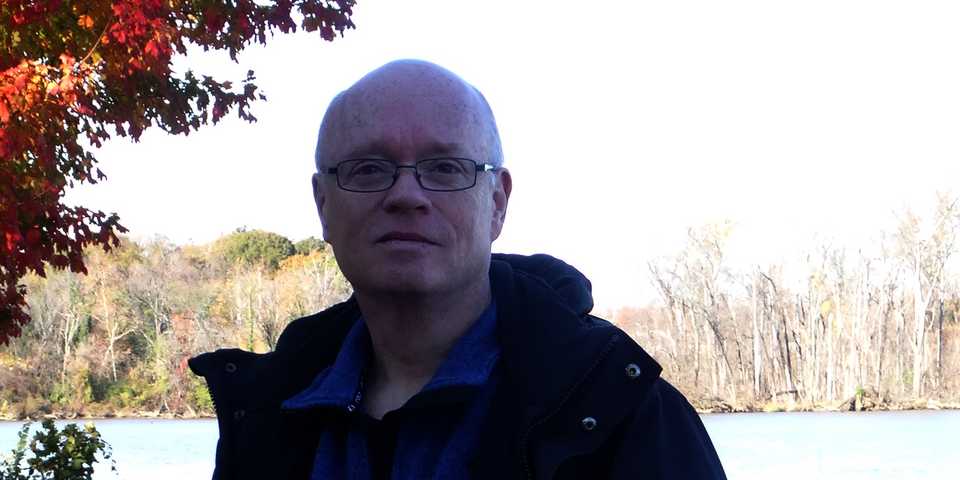Universities can't claim to be politically neutral
“Your technology kills people”, said one of the protest signs that stood on campus for a few days to lend force to the protesters’ demands to TU/e’s Executive Board, demands that come down to cutting research ties to Israeli universities and companies.
I believe in the value of those ties, especially in times of conflict. I hope that existing ones, which are often durable, and not only scientific but also friendly, are the small openings for dialogue from which a movement towards peace and prosperity can grow, even though that movement is currently further away than ever in Gaza, in Ukraine, and in all kinds of other places around the world. Dialogue is necessary, also at TU/e, as aptly illustrated by the photo of protesters outside the closed doors to the Blauwe Zaal with the Cursor article of May 14. Robert-Jan Smits was behind those closed doors – will he have considered stepping out to talk? That would have been difficult, certainly, but not impossible.
Distance and magnified differences mainly fuel distrust and lack of understanding. They lead to hardline positions and, ultimately, to war violence and destruction. It takes generations for those wounds to heal and only a small nudge to open up the wound again. Dialogue and patience are needed to escape from those kinds of deadlocks. In that respect, universities are hopeful yet vulnerable places. The ideal of truth finding connects people across many boundaries, and provides room for outspoken views and major differences of opinion that for some reason hardly ever seem to escalate. But universities are also a reflection of society, with all its weaknesses, inequalities, and unfairness. That’s why we have to cherish the basic academic attitude: curiosity, respect, nuance, doubt, and debate. Are there events that are so serious that a university must speak out about it? Yes, definitely. Is there space to express opposing views and indignation? Also yes. Should we stop doubting, looking for nuance, talking? No, never.
Another, equally important reason to keep talking has to do with the protest sign that caught my attention and stuck with me. How far does our responsibility, as creators of technology, extend? Whether ‘technology kills’ is of course debatable, and it’s a bit harsh for our protesting students to call the technology on which we work together ‘your technology’, but involvement in technological developments always and inevitably creates a certain complicity. That goes beyond weapons, also extending to electronics, software, chemicals, energy, math, genetic modification, logistics. Even medical applications raise moral doubts, for instance when they’re unaffordable for 90% of the world’s population. In the end, any job at a technological organization is tainted, in a way. Working in technology means you’re constantly intervening in nature, and there’s no recipe for inherently doing it right. In most cases, the best you can hope for is for your intervention to do some local good; you generally can’t say anything sensible on long-term effects.
Doubts about complicity are therefore an essential aspect of working and studying at a university of technology. There is no unambiguous answer, but responsibility and accountability remain. Others shouldn’t have to point this out to us; we have to keep asking ourselves if we’re doing the right thing. This requires debate, and there will be differences of opinion, but we’ll only make progress if we keep talking. Which does happen, on subjects such as artificial intelligence, radar technology, nuclear energy, and collaborating with the oil industry. We can’t get off easy by claiming to be neutral or saying ‘we’re not a political organization’. Looking in the other direction or contenting ourselves with simple answers means forsaking our role and responsibility, leaving our finds and constructions to others and saying something like ‘do with them what you please’. Then, no doubt, a time will come that our technology does kill.


Discussion